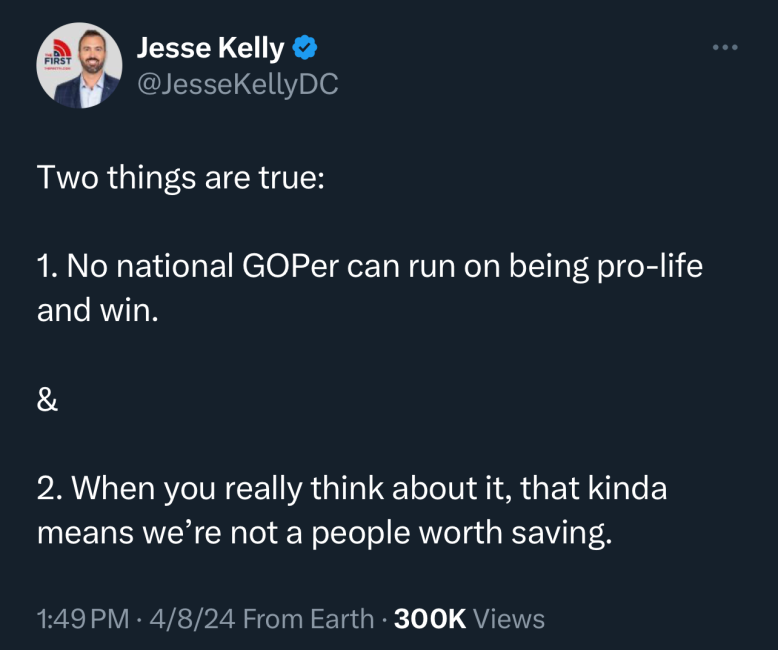Ending the life of someone after a trial by jury with legal representation, showing they are guilty of a crime deemed vile enough to warrant it...
vs
Ending the life of someone.... because
But hey I'll concede all you want abortion on demand if it's afforded a trial by jury.

Innocence and the Death Penalty
We currently represent people on death row with strong claims of innocence and support coalitions working to ban the death penalty.
Sometimes even in a jury trial innocent people are still sent to death row. Under just that statistic alone should the death penalty not be abolished?





